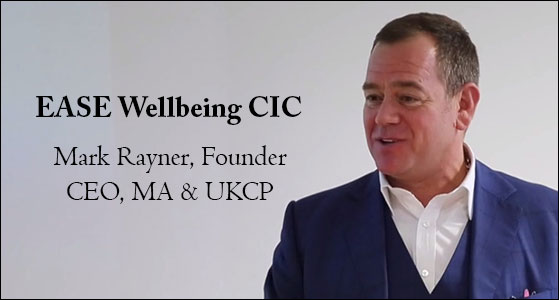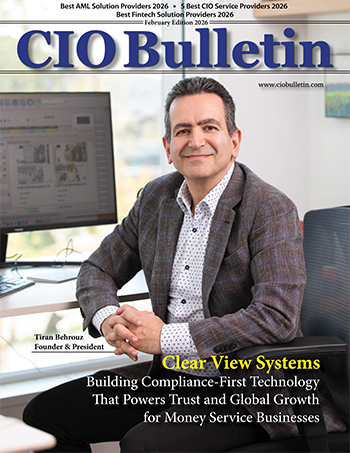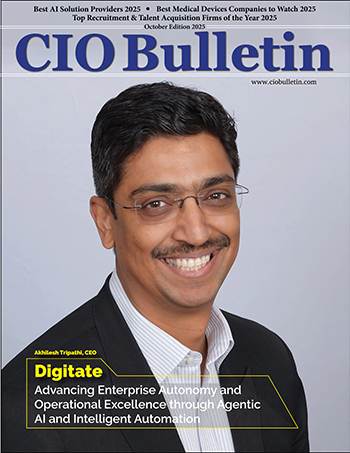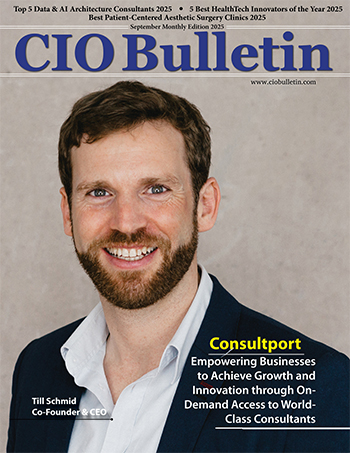CIO Bulletin

At the core of EASE Wellbeing CIC lies a dedicated team that functions cohesively in a supportive environment, placing significant emphasis on fostering strong interpersonal relationships. The collaborative EASE within the team is marked by the recognition that every team member's opinion and beliefs hold value. The team celebrates diversity, embracing a myriad of ideas and experiences as invaluable assets.
The team actively encourages differences in all their forms while upholding a steadfast belief in a shared humanity, ensuring that every individual receives equal respect, compassion, and empathy. Their shared language is one characterized by warmth, inclusivity, and support, creating an environment focused on maximizing the assistance provided to clients during their time with EASE.
Within the organization, there is a profound curiosity about understanding the values and beliefs of each individual, along with an exploration of how they perceive the world. The team perceives it as a duty to diligently cultivate relationships with clients that embody kindness and courage, compassion and challenge, concern, and constructive support. This distinctive approach is encapsulated in the EASE framework, which guides their interactions with clients, fostering an environment that is not only helpful but also reflective of the team's commitment to holistic wellbeing.
Ease Wellbeing's Evidence-Based Approach to Personalized Therapy and Achieving Client Goals
Introduction: At Ease Wellbeing, their commitment to personalized therapy goes beyond providing a confidential and compassionate space. The effectiveness of their approach is evident as 90% of clients report achieving their therapy goals. Through an evidence-based short-term model, Ease Wellbeing aims to offer relief, establish goals, and guide clients toward positive outcomes.
Initiating Therapy: Ease Wellbeing understands the urgency of mental health support and ensures that clients have their first appointment within five days. This quick response sets the stage for a collaborative journey where clients can explore their difficulties in a safe and confidential environment.
Collaborative Goal Setting: Therapy at Ease Wellbeing involves collaboration with clients to identify and work towards individual goals. The process acknowledges that not everyone's circumstances are the same, offering a tailored approach to address concerns such as anxiety, depression, distress, lack of motivation, and more.
Effective and Goal-Oriented: The EASE short-term model is designed to expedite the achievement of therapy goals. Clients opting for this approach provide continuous feedback, ensuring that progress is continually assessed from the initial meeting through 6 months post-therapy.
Success Rate: Self-reporting indicates a remarkable success rate, with over 90% of clients achieving their therapy goals within 12 weeks. Clients also note significant improvements in anxiety and depression levels within just six weeks of starting therapy.
Promoting Self-Understanding and Empowerment
The Importance of Self-Understanding: Ease Wellbeing guides clients in taking the time to explore their thoughts and feelings, fostering self-awareness of beliefs, attitudes, and values that may have been previously overlooked.
Self-Empowerment Through Understanding: By empowering clients to understand their responses to challenges, Ease Wellbeing lessens the burdens individuals may feel. Clients become more capable of making informed choices, reclaiming control over their lives.
Developing Resilience: Ease Wellbeing recognizes that self-understanding and empowerment contribute to resilience. When individuals have a solid sense of self, challenges are less likely to veer them off course.
A Holistic View of Recovery: The ultimate goal of Ease Wellbeing's therapeutic process is not just the absence of difficulty but the presence of the ability to navigate life's ups and downs. True recovery, as they define is a holistic understanding and mastery of one's experiences.
Mark Rayner | Founder, CEO, MA, UKCP
Mark has over 25 years’ experience working in a variety of areas in the training and delivery of wellbeing services that ranges from publishing peer reviewed journal papers on statistical impact and success of clinical interventions and theoretical papers considering application of various philosophies and academic positions to clinical practice as well as book chapters that consider case study evidence of effectiveness of interventions. He has also spoken at various national and international conferences on a range of subjects that considered wellbeing, hope, stress, distress, recovery, research and impact of global issues on wellbeing. He has given a number of radio interviews on similar topics including health and social care impacts on wellbeing as well as personal resilience in the face of stressful and adverse working conditions.
Mark has considered his career in this field as one that supports clients as well as having a strong focus on the personal and professional development of psychologists, counselling psychologists, psychotherapists and counsellors. At the heart of his values and beliefs is one of mentoring, coaching and supporting clients and clinicians to achieve the most out of their situations and advance their ability to engage in life in as meaningful and fulfilling manner as possible. His core beliefs are around collaboration, being personal as well as professional and being able to create and sustain human dialogues that empower individuals and organisations to achieve their endeavours and aspirations whether to be well or be productive or to enhance a sense of community and collective teamwork.
Mark has a strong background in a variety of approaches to being well and has done and published research and evaluative projects and has strong views about how to help, what could be helpful, what the evidence of what is helpful has been and is contemporarily. Although he has core values that he brings to all meetings around collaboration and validation of struggles or ambitions, he personalises his work so that is meaningful and purposeful for each person or group or corporate entity and their staff that he works with.

Insurance and capital markets







